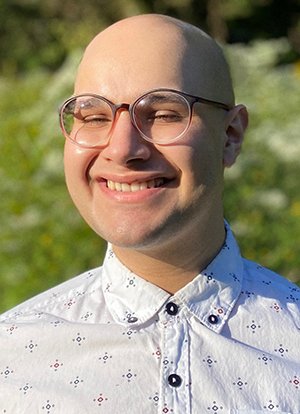We are excited to share a new course coming in Spring 2022! Professor Nanci Buiza’s will begin teaching honors seminar SPAN 103: Trauma, Afecto Y Derechos Huamnos en la Literatura Centroamericana. This course is an elaborated companion to her course PEAC 038: Civil Wars and Neoliberal Peace in Central America. We congratulate Professor Buiza on receiving a Mellon Course Development Grant to create this new course.
What’s the difference between PEAC 038 and SPAN 103?
Prof. Buiza writes, “The PEAC038 course focuses on the sociopolitical and historical causes and consequences of armed conflict in Central America (1960s-early 1990s), the transition to peace and democracy, and the implementation of neoliberal economic reforms that came with the arrival of peace in the mid 1990s. The course, however, really does not study the cultural production (literature, film, art, music) related to these decades of instability in the region. My honors seminar in Spanish will focus on the cultural production of the region and how it relates to and engages with the above mentioned sociopolitical and historical forces.
The focus will be on the Central American region, mostly the countries of Guatemala, El Salvador, Honduras, and Nicaragua. The seminar will incorporate theory to discuss issues of ethics, social justice, and human rights in a war-torn society. It will allow students to weave together critical and theoretical concepts of peace and conflict studies that they have learned in the program and apply them to our analysis and study of how cultural representations engage with sociopolitical turmoil; how performance artists engage with issues of social justice in nonviolent ways; and how cultural production as whole invites people to think about other possibilities to violence and state repression.”
Here is the course description. We highly recommend Peace program students consider registering for SPAN 103.
This honors seminar studies contemporary Central American literature and culture with a focus on theories of trauma to discuss cultural representations of human suffering, empathy, and pain. The seminar explores the social disintegration and legacy of violence left by decades of civil wars, genocide, and revolution in the region, as well as theories of trauma, memory, affect, aesthetics, philosophical cynicism, and human rights. These theoretical approaches will help us reflect on the relation between literature and human rights; the sociopolitical upheavals and their cultural representations; and how cultural production engages with issues of peace and conflict in the neoliberal era. We will pay special attention to representations of social disaffection, political disillusionment, and survival in a postwar context shaped by socio-economic precarity. In addition to reading literary works by some of the main authors in the region, we will analyze scholarly debates surrounding Central American literature, as well as watch films and performances that probe into the issues of ethics, historical truth, social justice, reconciliation, historical memory, and the human predicament in a postwar society.


